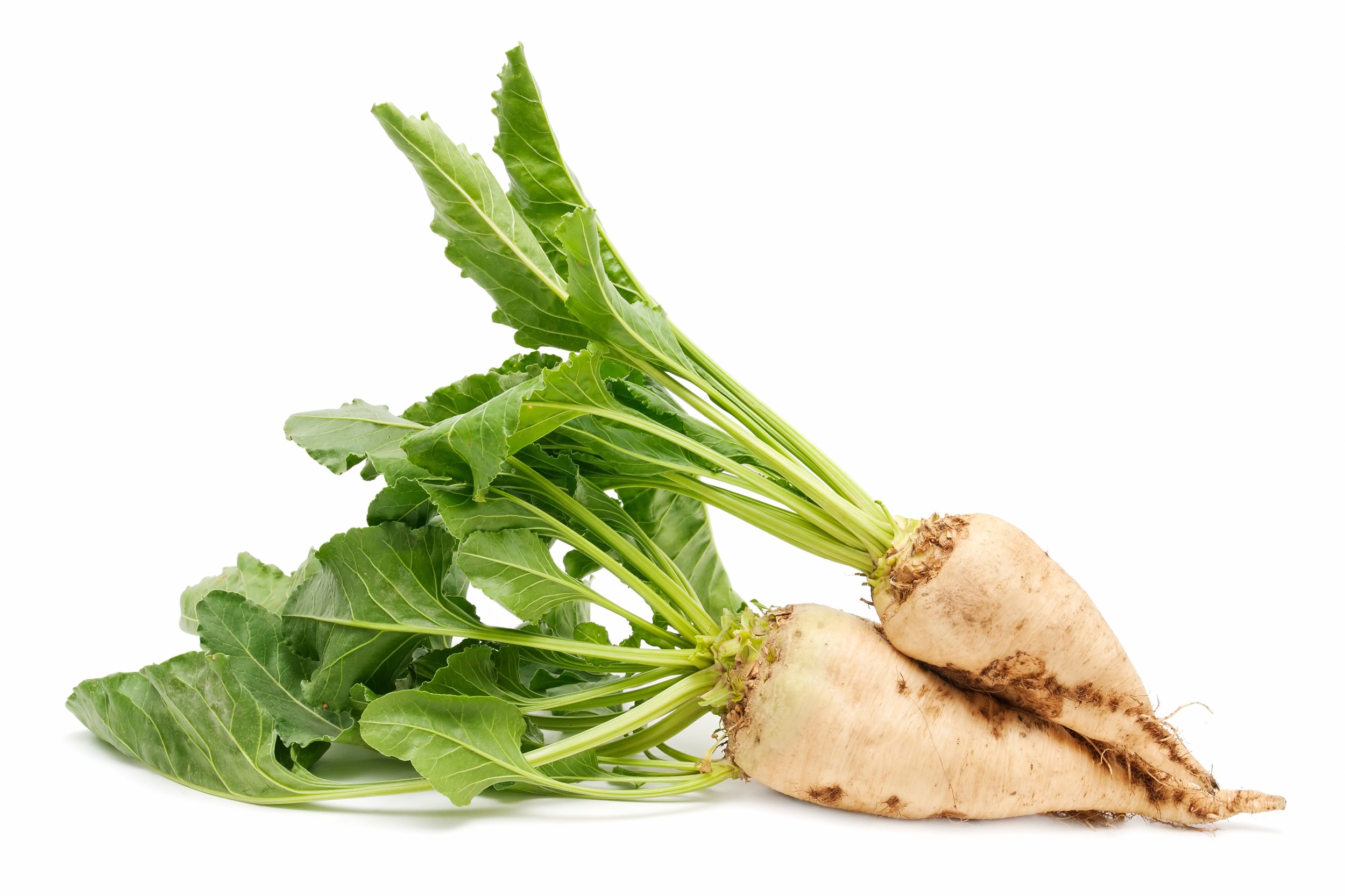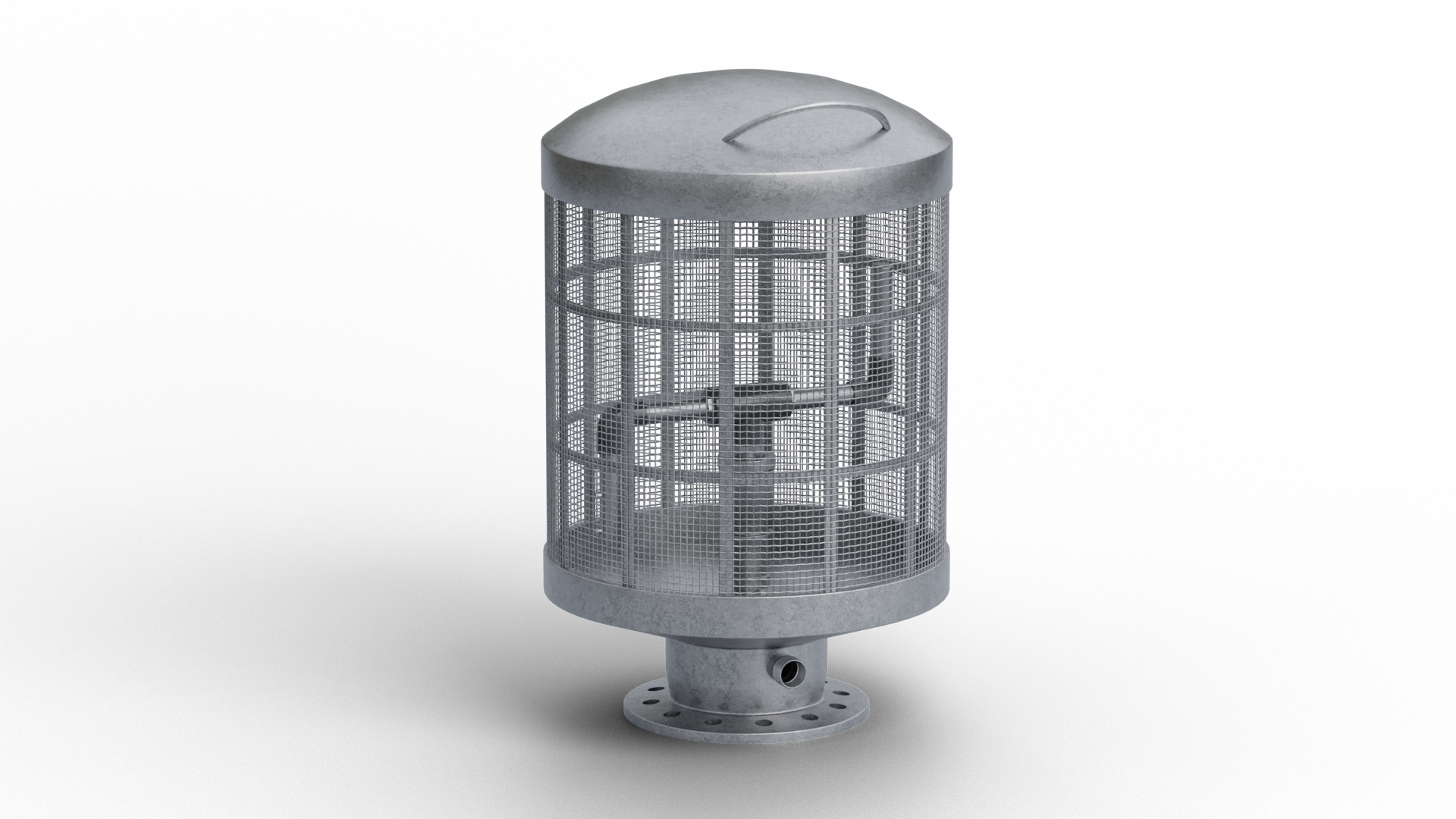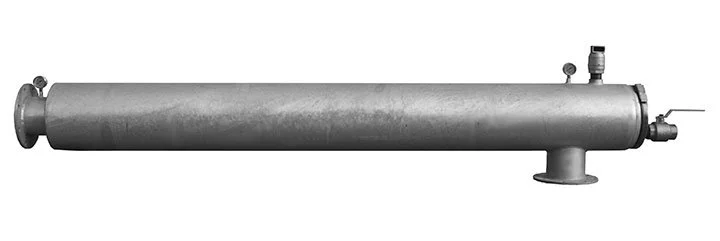Sugar Beets
Sugar beets, a primary source of sugar in many parts of the world, are hardy biennial plants cultivated for their sweet, carbohydrate-rich roots. The efficient production of these valuable roots is intrinsically tied to the plant's watering needs. With the global sugar demand perpetually rising, mastering the irrigation requirements of sugar beets is imperative for farmers aiming for maximum yield and quality.
Clemons filters are essential to optimizing and maximizing yield.
Let’s discuss your project.
There are several critical nuances for sugar beets growers concerning the importance of filtration and irrigation.
Sugar Beet Watering Dynamics: Sugar beets have a deep root system, allowing them to access moisture from deeper soil layers. Despite this capability, consistent soil moisture, especially during critical growth stages, is essential for optimal root development and sugar concentration.
Watering Through Growth Phases: During the early stages, regular watering helps in establishing a healthy plant stand. As the beet begins root enlargement, consistent moisture ensures the development of large, high-sugar-content roots. However, as harvest approaches, it’s essential to manage moisture levels carefully to reduce the risk of root rot while maintaining sugar content.
Cost Efficiency: Embracing modern irrigation techniques, such as drip or pivot irrigation, can lead to enhanced sugar beet growth. These methods ensure the uniform delivery of water, optimizing moisture levels while curtailing water usage, a critical factor in regions facing water scarcity.
Soil Considerations: Sugar beets prefer well-draining soil to prevent waterlogging, which could hamper root growth and increase susceptibility to diseases. A harmonious balance between irrigation and soil drainage is vital for the best growth and sugar accumulation in the roots.
Nutrient Absorption: Watering regimes play a significant role in nutrient absorption. Proper moisture levels facilitate the efficient uptake of essential nutrients, vital for root development and sugar synthesis. Over or underwatering can disrupt this delicate balance, affecting both the size and quality of the beet.
Disease and Pest Management: Prolonged wet conditions can make sugar beets susceptible to diseases like Cercospora leaf spot or pests like beet nematodes. Adopting irrigation methods that provide adequate moisture without over-saturating the soil or foliage can significantly diminish these risks.
Water Quality: Although sugar beets are somewhat tolerant of various water qualities, high salt or mineral concentrations in irrigation water can negatively impact their growth. Ensuring that water sources are adequately filtered and treated is crucial to prevent detrimental effects on yield and sugar content.
Recommended Solutions
Pressure Filters
Clemons high-pressure filters ensure clean, healthy water for optimal crop growth.
Suction Screens
Protect your pump from harmful debris, ensuring clean, obstruction-free water flow.
Sand Separators
Capture and remove sand, improving water flow and increasing system lifespan.
Recommended Solutions
Pressure Filters
Clemons high-pressure filters ensure clean, healthy water for optimal crop growth.
Suction Screens
Protect your pump from harmful debris, ensuring clean, obstruction-free water flow.
Sand Separators
Capture and remove sand, improving water flow and increasing system lifespan.







